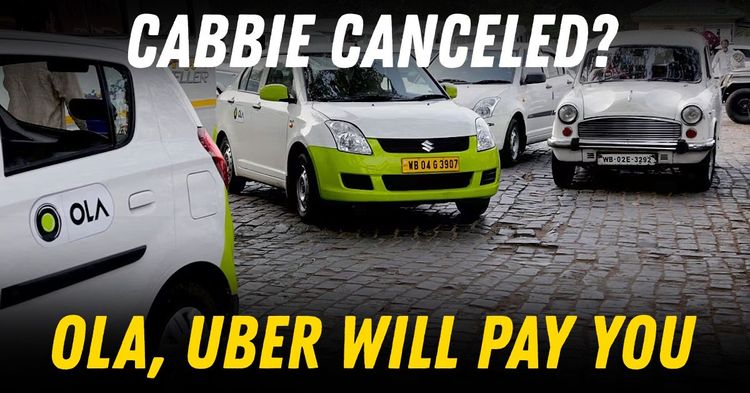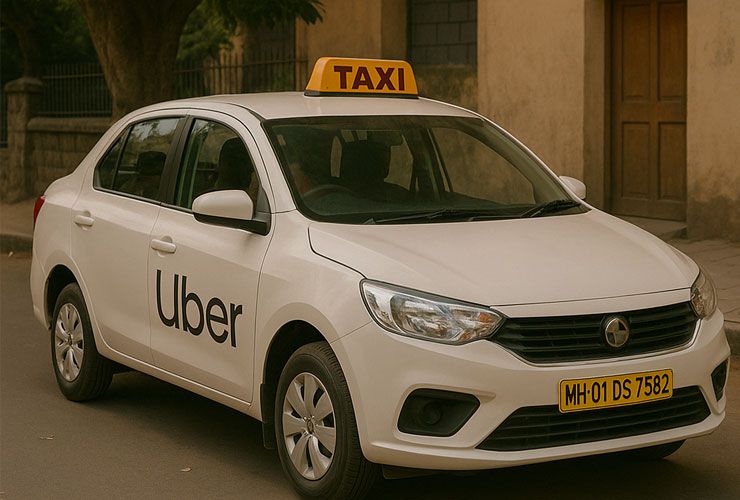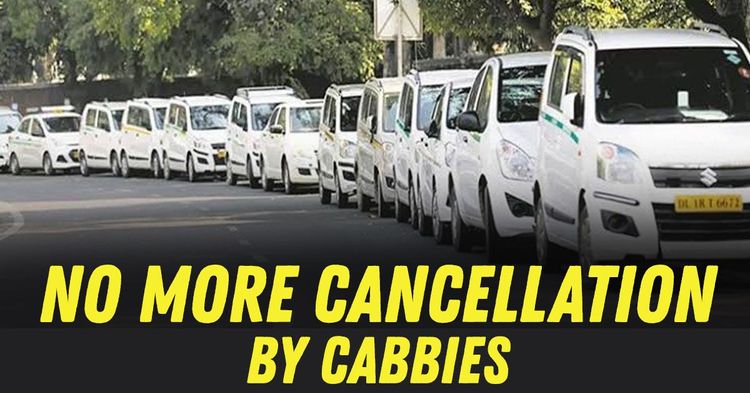In This State, Uber, Ola Will Pay Customers If the Cab Drivers Cancel Rides


Maharashtra Leads the Way: Passengers to Be Paid When Drivers Cancel Rides
In a move that could reshape the ride-hailing landscape across India, Maharashtra has become the first state to introduce passenger compensation for driver cancellations. The state government’s new aggregator policy, effective from this month, mandates platforms like Uber and Ola to penalise drivers who cancel rides and transfer the money directly to affected passengers. This marks a clear shift in favour of consumers, addressing a long-standing frustration that many commuters have silently endured.

Until now, it was common for passengers to face a series of last-minute cancellations, especially during peak hours or in emergencies. The new rules bring some much-needed balance. If a driver cancels a ride without a valid reason, they will now have to pay a penalty of either 10 percent of the estimated fare or ₹100, whichever is lower. This amount is credited directly to the customer’s ride-hailing account.
The policy doesn’t spare passengers either. Those who cancel rides without good reason will also be fined—5 percent of the fare or ₹50, whichever is less. This move is aimed at creating a fairer system where both drivers and passengers respect each other's time and avoid casual cancellations. The aim is simple: build mutual accountability into every ride.

Maharashtra’s policy goes beyond just cancellations. It attempts a broader restructuring of how ride-hailing services operate. Key changes include:
• Surge pricing will be capped at 1.5 times the regular fare during peak periods.
• In off-peak hours, discounts can be offered but only up to 25 percent of the standard fare.
• Drivers must receive at least 80 percent of the total fare, helping settle long-standing concerns over revenue sharing.
• A new rule mandates a minimum trip distance of 3 kilometres, intended to reduce conflicts over short rides that drivers often refuse.
These measures are designed to make fares more predictable for passengers while ensuring fair earnings for drivers.
The policy also places strong emphasis on safety, mandating several key upgrades on all aggregator platforms. These include:
• Real-time GPS tracking for all rides
• Clearly visible emergency contact buttons within the app
• Thorough background verification of all drivers
• Display of verified driver credentials to passengers
• Insurance coverage for both riders and drivers
By enforcing these measures, the state is attempting to eliminate the security loopholes that have plagued the ride-hailing sector in recent years.
While the policy is comprehensive, implementation will not be easy. Ride-hailing platforms have been given two months to reapply for licences and update their systems to comply with the new rules.
Monitoring these changes will fall on the state’s Regional Transport Offices, which must oversee thousands of vehicles and drivers. Ensuring consistent enforcement, resolving disputes efficiently, and keeping digital systems transparent will be key to the policy’s success.
Maharashtra’s bold step could become a model for other states looking to regulate app-based transport. Rather than focusing only on licensing, this policy touches on real user pain points - price surges, cancellations, driver earnings, and safety. If implemented well, it could change how Indians experience daily travel, making ride-hailing services more reliable and equitable for everyone involved.